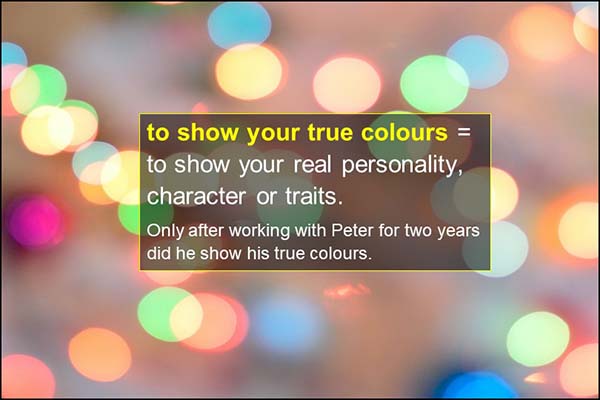16. Dependent and Independent clauses.
Sentence structures consist of dependent and independent clauses and you will need to mix these to form a balance in your writing.
dependent clauses = is a sentence that has a subject and verb but cannot stand alone with a complete meaning. Since you are not qualified……
independent clauses = stands alone as a complete sentence and express a full meaning.
Mixing both: She took up canoeing as a hobby, exploring the wonders of the local lake.
By joining and mixing independent and dependent clauses into more complex structures, writing is more interesting and dynamic.

17. Conjunctions (FANBOYS) for, and, nor, but, or, yet, so.
Vary your use of coordinating and subordinating conjunctions. The word “fanboys” is a way of remembering the common conjunctions.
Other alternatives include: neither, either, while, whereas, although, still, except, both, not only, unlike, so, as well as, hence, therefore etc. Watch out repeating “and” too much.

18. Starting sentences
There are various ways to start sentences, but what’s crucial is to create a smooth transition from the previous to the next. These punchy words and phrases also set the clarity of the context, and improve sentence structure, adding flavour to writing. Review your previous sentence to make sure the script transitions and flows well to the next, eliminating a potentially jagged passage. When and when not to use sentence starters depends. Read your essay and if it flows then all is good.
a). Subject first, verb second.
The whale breached high out of the water.
b). Time phrases. Showing a time reference point.
Here is a list: Nowadays, currently, in the meantime, presently, right now, after a while, this moment, before long, these days, yesterday, last week, lastly, during, eventually, afterwards.
After a while, the dolphins swam off towards the golden sunset.
Beyond the perception of time, nothing matters anymore.
c). Continuous tense using “ing“ or gerunds. These relate to highlighting action.
Running at an atomic speed, Peter arrived home just in time for Sunday roast.
Following the latest advice, we took a package holiday to the Greek islands.
d). Start with a word ending in “ed”. These could relate to emotions and feelings.
Annoyed with the poor catering service, Chantelle decided to open her own company.
e). Similes add a richness to creative writing. They incorporate “as” or “like”. and are expressions comparing one thing to another.
Fighting like cats and dogs, the two sides finally came to an agreement.
As different as night and day, the couple surprised everyone by getting married.
f). Prepositional phrases to open sentences. Is a preposition plus the subject it effects.
Sofia arrived on time for the interview. On time is a prepositional phrase.
Before going to work, she hung out in the mall with friends.
Behind the scenes, the dancers rehearsed tirelessly.
g). Other starter words.
Moreover, to illustrate, furthermore, meanwhile, consider the, in general, subsequently.
19. Don’t repeat the same claim
It can be easy to repeat a claim in an article without stating an additional reinforcing perspective. A common mistake is the overuse of synonyms which duplicate the issue without adding anything new to the script. Reread and try to reduce the details.

20. Fact-Checking
Fact-checking is a serious part of writing. If making statements you have to ensure the details are correct. Check and double check the sources credibility. Does it come from a respected qualified, credited person or global institution? Are the facts current and updated to the latest research? If repeating a quote, is the person you credited the actual person that said it? Do other respected sources challenge the fact you are quoting?
Common factual errors occur with: locations, misspelling of names, descriptions, ages, dates, times, statistics, titles, historical facts, inaccurate headlines, quotes.
The percentage of factual errors in major world newspapers is shockingly high, mainly due to deadline pressures, reduction and layoff of copyeditors and journalists ignorance of the topic they are writing about. Type into a search engine, “factual errors in journalism”.

21. Similes, Metaphors and Idioms
Similes, metaphors and idioms must be part of your creative writing. Please research and find some examples and start using them immediately.

22. Additional phrases
a). Cause and effect. The result concluded from the previous sentence.
As a result, leading to, subsequently, therefore, consequently, arguably, giving rise to, for this reason, this means that.
As a result of the unrelenting downpour the village flooded and many people lost their homes.
b). Compare and contrast joining two sentences.
Like wise, yet, whereas, in comparison, rather than, similarly, conversely, on the contrary, on the other hand, rather than, in spite of this, despite this, all the same, alternatively.
It is always better to wait until morning to answer rude emails rather than replying when full of angry emotions.
c). Additional transitional words.
According to ,therefore, additionally, while debatable, furthermore. moreover, undoubtedly, generally speaking, indeed, with regards to, conventionally, traditionally.